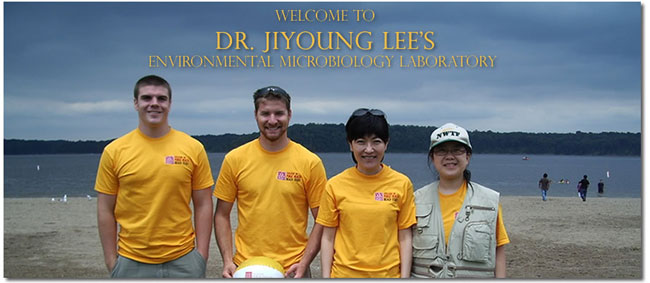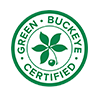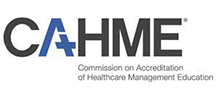
Background
I joined the College of Public Health's Division of Environmental Health Sciences in September 2008. I was recruited as part of the Targeted Investment for Excellence, Public Health Preparedness for Infectious Diseases (PHPID), and have a joint appointment with the Department of Food Science and Technology. My laboratory seeks understanding transmission dyanamics and exposure pathways of waterborne and foodborne pathogens, their linkage to health outcomes, including microbiomes, in various populations and locations.
Mission of Environmental Microbiology and One Health Lab (EMOHL)
Through 'trend-setting research' and scientific discoveries from our lab, we contribute to creating healthy environments for people across the local, national, and global community. The EMOHL achieves our professional goals by working together as a team, equipping our members to thrive, practicing outstanding work ethic, and aligning our research to societal needs in improving and protecting environmental and human health.
Research Interests
My primary research areas are key issues in environmental microbiology with public health significance focusing on understanding the pathways of pathogen transmission from the contamination sources to human exposure, including water and farm to fork food chain. For this, we use molecular and metagenomic tools to investigate the microbial community structure in environments and hosts, statistical tools to understand the relationship between environmental factors and microbial populations, and often develop new methods for the detection of target microorganisms and solution for removing toxins.
I am particularly interested in the impact of climate change, inlcuding extreme weathr events, on the transmission, fate and virulence of enteric infectious agents, anbiotic resistance development, and cyanobacteria (cyanotoxins). My lab also work on emerging health risks due to exposure to environmental contamination (e.g. zoonotic agents, cyanotoxins) via varous exposure routes with ecological and epidemiological approaches. For interventions, we develop environmentally friendly and sustainable strategies using beneficial microbes and non-chemical based methods.The knowledge and research outcome from my lab is applied to identify health hazards and influencing factors. Our tranlational research provides more effective ways of management to mitigate public health risks and can be helpful for policy making.



